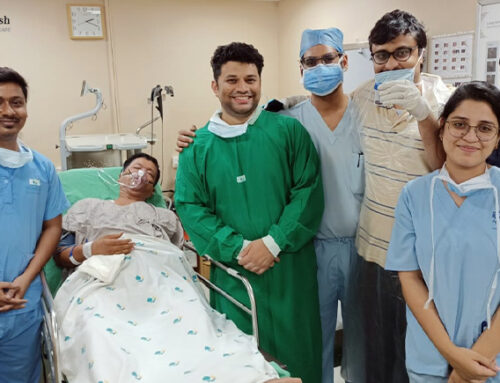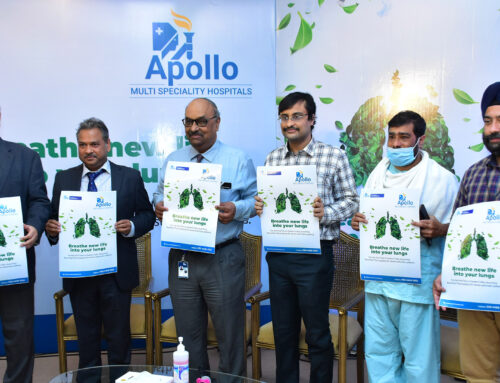Although the pneumonia vaccination cannot prevent all disease cases, it can reduce your chances of contracting it. And if you acquire pneumonia despite getting the shot, it will almost certainly be a considerably milder episode.
Pneumonia, a lung infection that makes it difficult to breathe, is more common in older adults and other health problems. It’s more common in persons with weakened immune systems. Best chest specialist in Kolkata can help you with more informations.
Who Should Be Vaccinated?
Individuals over the age of 65. Your immune system doesn’t work as well as it used to as you become older. You’ll have a more challenging time fending off a pneumonia infection. Immunization is recommended for all individuals over the age of 65. You can search for the best pulmonologist in Kolkata.
Those who have a compromised immune system. Many disorders can impair your immune system, making it less capable of fighting infections like pneumonia.
If you have a weaker immune system due to heart illness, diabetes, emphysema, asthma, or COPD (chronic obstructive pulmonary disease), you’re more likely to have pneumonia.
Chemotherapy patients, organ transplant recipients, and HIV/AIDS patients all fall under this category.
Individuals that smoke. If you’ve smoked for an extended period, the fine hairs that coat the insides of your lungs and help filter out viruses may have been damaged. They aren’t as effective at blocking dangerous germs when they are damaged. There are several best covid specialist in Kolkata.
Those who consume a lot of alcohol
You may have a compromised immune system if you consume too much alcohol. Your white blood cells (which fight illness) aren’t as effective as those in persons who have a robust immune system.
People who are recovering from surgery or severe disease. If you were in the ICU (intensive care unit) and needed a ventilator to help you breathe, you’re at risk for pneumonia. It’s the same if you’ve recently had major surgery or are recovering from a severe injury. You can’t fight infections as well as you typically can when your immune system is weak due to illness or injury or because it’s helping you recover after surgery.
According to a Vaccine Safety Datalink research, giving influenza vaccine containing PCV13 increases the incidence of febrile seizures in children. The CDC’s recommendations have not changed so that practitioners can administer both vaccines at the same time. For the 2006–07 through 2010–11 influenza seasons, as well as the 2014–15 season, researchers looked examined trivalent inactivated influenza vaccine (TIV or IIV) and PCV13. PCV13 and diphtheria, tetanus, and acellular pertussis vaccine (DTaP) both increased the incidence of febrile seizures when administered at the same time as the influenza vaccine, according to the data. According to the CDC, TIV administration alone was not linked to an increased risk of febrile seizures (in the influenza seasons studied). You can search for the bets best asthma allergy specialist in Kolkata.
You can give either the PCV13 or PPSV23 pneumococcal vaccine to adults simultaneously as the influenza vaccine. Each vaccine should be given with a different syringe and, if possible, at a different injection site. Influenza vaccination is recommended every year to help avoid the flu. Furthermore, because the flu raises the risk of pneumococcal disease, getting a flu vaccine is critical for preventing pneumococcal disease.







Leave A Comment